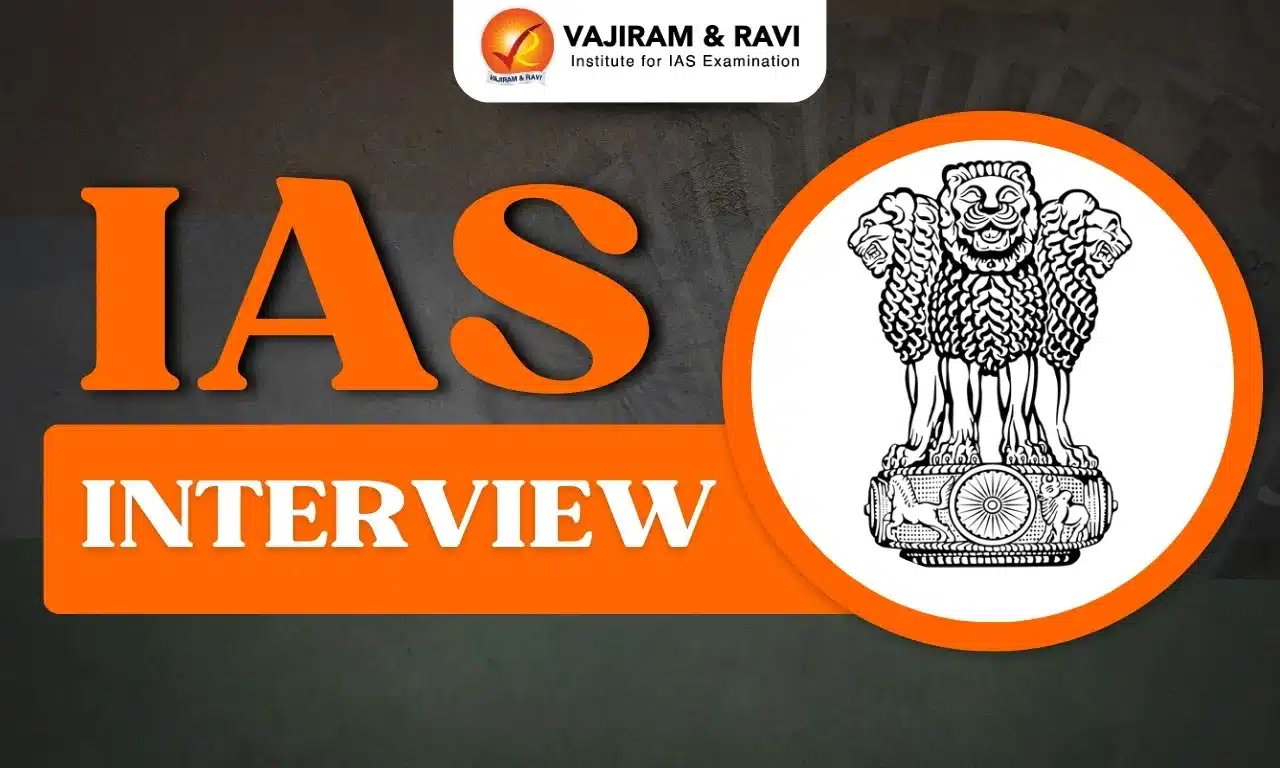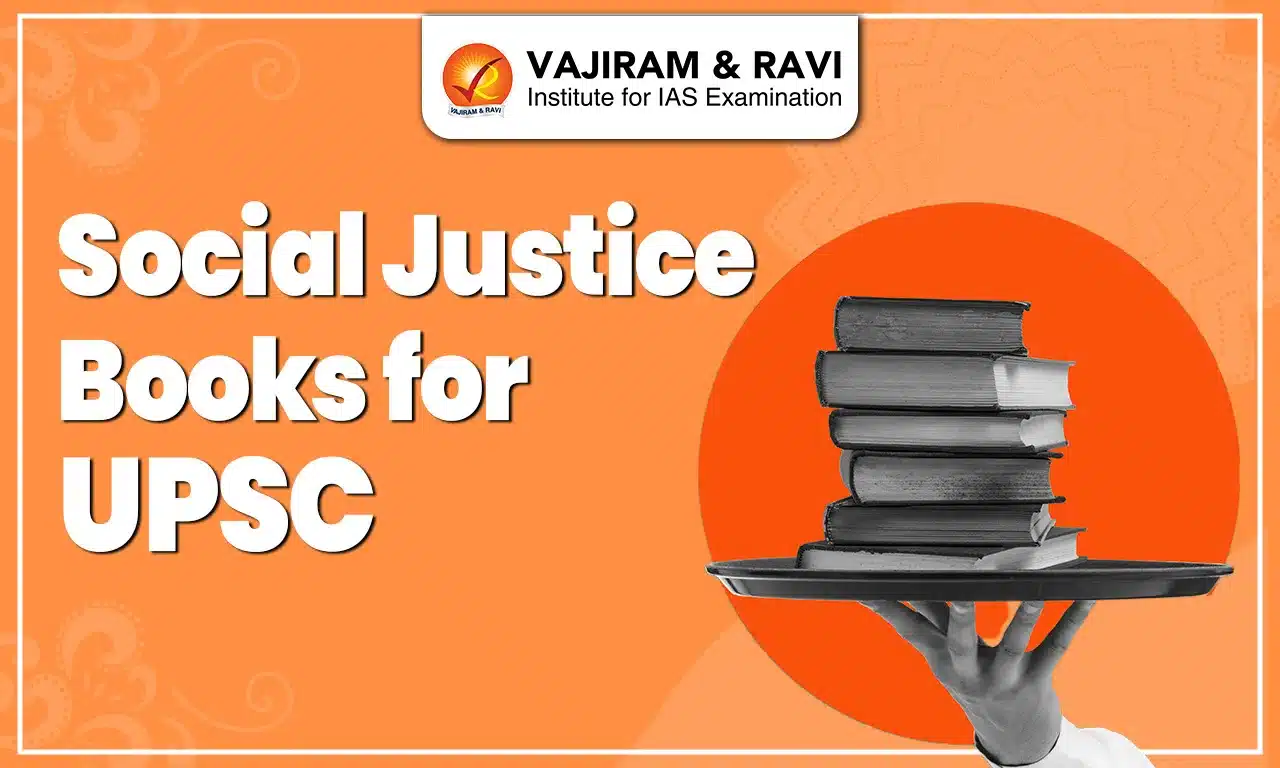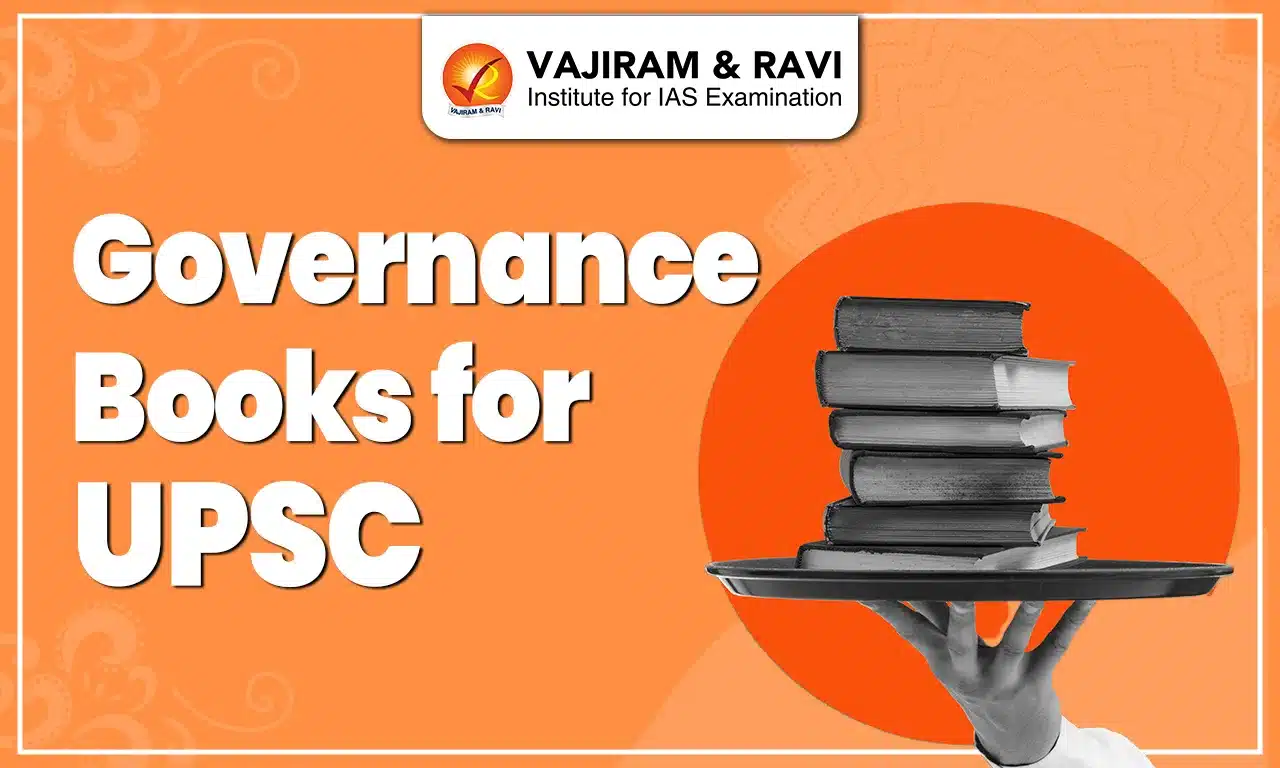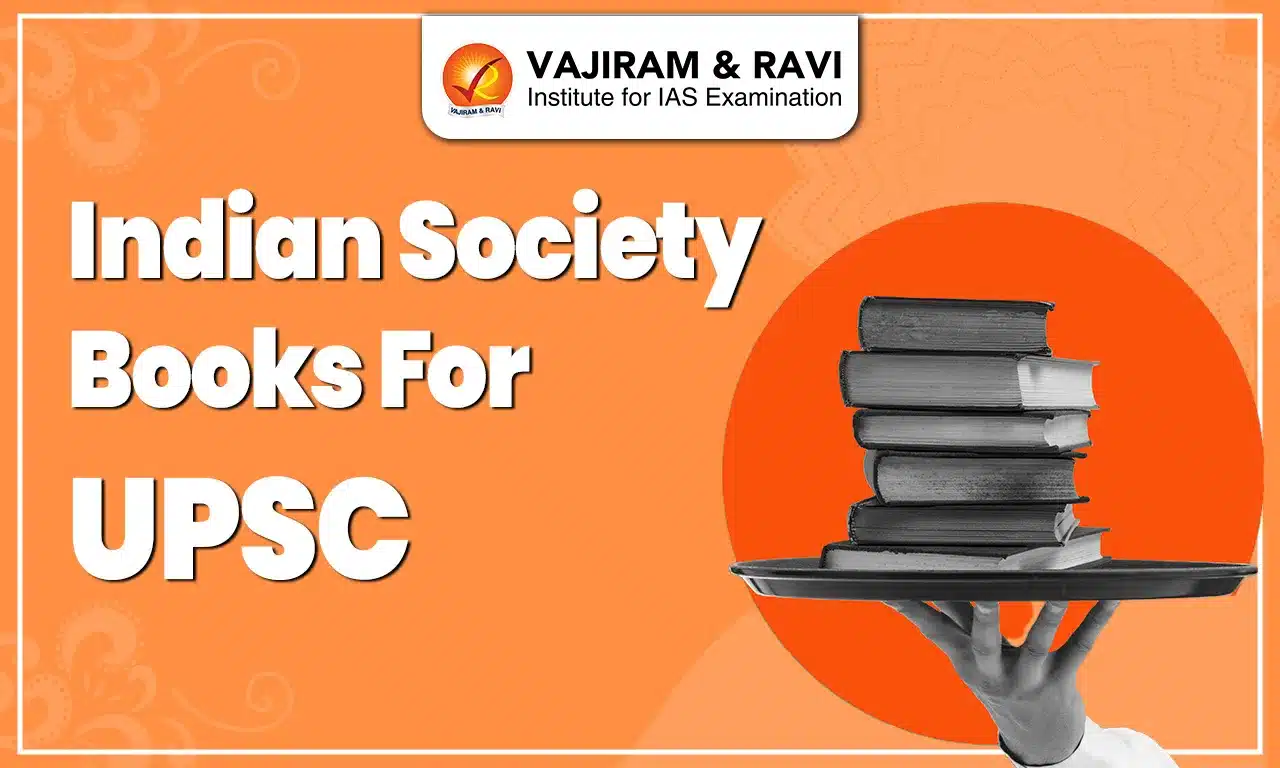The UPSC Personality Test, or the UPSC Interview, constitutes the ultimate phase of the civil services examination. Unlike the Mains and Prelims, this UPSC interview doesn’t assess only your knowledge but delves into your inherent personality traits. Taking around 20-30 minutes, the UPSC Interview contributes 275 marks out of 2025. Despite its brief duration, this half-hour interview holds power to transform your life and actualise your aspiration of joining the civil services. The cumulative scores from the UPSC Mains examination and the Personality Test determine the final merit list.
A commendable performance in the UPSC interview segment can significantly advantage candidates, elevating their ranking and enhancing their prospects of securing a superior position.
UPSC Interview Date 2024-25
UPSC Mains Results have been announced on 9th December 2024 and UPSC is yet to announce the Official dates of UPSC Interview. According to the Official UPSC Notification, the UPSC Personality Test is going to commence from 7th January 2025 and go on till 17th April 2025. For the candidates appearing for the UPSC Interview reporting time for the forenoon session is 9 AM and for the afternoon session is 1 PM. The candidates appearing for the Interview will be granted reimbursement towards travelling expenses for appearing in the interview which will be restricted only to second/sleeper class train fare.
The UPSC Interview is not just a test of your knowledge, but also your overall personality including interpersonal skills like honesty, communication, dedication towards public service, opportunities and challenges etc.
What is the Objective of the UPSC Interview?
The primary objective of the UPSC interview procedure is to assess the candidate’s aptitude for administrative abilities. The panel of interviewers overseeing the UPSC interview focuses on evaluating the candidate’s character and suitability for Civil Service rather than just testing knowledge. Through inquiries, follow-up questions, and theoretical scenarios, they aim to uncover diverse personality traits and gauge responses, quick thinking, nonverbal cues, and more. Remember, the board members in the IAS interview are not there to eliminate or demean you. Instead, approach the interview with a positive mindset. If you’re looking for expert guidance to prepare for this crucial stage, check out our Interview Guidance Program designed to help you present your best self.
UPSC Interview Details
Under this heading, we will discuss UPSC Interview Details, i.e., place, time, Maximum marks, dress code and number of vacancies generated in the Interview.
Place and Time for UPSC Interview
The UPSC Interview occurs at the Union Public Service Commission venue on Shahjahan Road, New Delhi-110069. It consists of two daily sessions: the forenoon session at 9:00 AM and the afternoon session at 1:00 PM. Details of the IAS Interview are provided in the candidate’s call letter.
Maximum Marks for UPSC Interview
The maximum marks for an UPSC Interview is 275. Although it may seem less than the Mains, achieving a high score here can lead to securing one’s desired service or cadre.
UPSC Interview Dress Code
The UPSC interview is about showcasing your personality and behaviour, not just your knowledge. A professional, modest, and composed appearance can leave a lasting positive impact on the UPSC interview panel.
- Simple and Appropriate: In the UPSC interview, dress modestly in simple clothes for both men and women. Keep a neat appearance, and avoid overly tight or loose attire. Choose proper sizes for a decent look.
- Men’s Attire: Men, formal shirts and pants with a tie look professional in the UPSC Interview.
- Women’s Attire: For women in the UPSC interview, formal Indian wear or a regular suit or sari is preferred. Light, sober colours like cotton are ideal.
- Footwear: For the UPSC interview, no high heels; choose comfortable flats or low heel sandals. Men, stick to polished formal shoes.
- Hair and Accessories: For a better appearance in the UPSC interview, Neatly tie your hair; avoid flashy jewellery. Skip strong perfumes and deodorants.
Number of Candidates Called for UPSC Interview
It is anticipated that around 1105 positions will be filled through the UPSC 2024 after the UPSC interview. The UPSC website, has listed the detailed schedule for 2,845 shortlisted candidates, including roll numbers, interview dates, and session timings.
What is the UPSC Interview Process?
The UPSC Interview 2024, a pivotal stage in the UPSC selection process, transforms into an engaging dialogue between aspirants and the UPSC board. During the UPSC Interview 2024 Process, an approximately 30-minute Interview session takes place where the student is required to delve into a spectrum of topics, requiring candidates to display comprehensive knowledge, confidence, and adept soft skills to leave a lasting impression.
The UPSC interview is a unique experience for all, demanding a poised and knowledgeable demeanour for a successful outcome. Here’s a table summarising the interview process:
| Stage | Description |
| Pre-Interview Setup | Candidates arrive early, complete security checks, and go through document verification. |
| Gathering and Seating | Candidates enter a circular hall, grouped by panel numbers, and receive travel reimbursement forms if applicable. |
| Interview Session | Each panel interviews 5-6 candidates, with sessions lasting around 20 minutes per candidate. |
| Candidate Rotation | Candidates’ names are called, and they move to their respective panels after a final security check. |
| Key Traits | Composure, humility, and confidence play a significant role in making a positive impression on the IAS interview panel. |
Mastering the interview’s nuances and embodying essential attributes enhance candidates’ prospects, making the UPSC interview a defining moment in their journey.
UPSC Interview Preparation Strategy
Once aspirants feel assured after the written Mains exam, they should initiate UPSC Interview preparation without relying on the Mains results. An excellent Interview preparation strategy involves an early start, honing personality traits, and assessing strengths and weaknesses. Comprehensive readiness in topics like Optional Subjects, education, residence, DAF content, and current affairs is crucial, given that questions commonly arise from these areas.
Do’s and Don’ts of UPSC Interview
When getting ready for the UPSC interview and while being interviewed, it’s important to consider a set of guidelines and recommendations listed as follows.
Exemplary Candidate Etiquette
Above all, authenticity is key—avoid pretence and remain true to yourself during the interview. If faced with challenging questions, respond courteously by admitting a lack of knowledge. Prioritise thoughtful responses by taking the time to assess and articulate your viewpoints.
Deceptive Interaction with Interviewer
When faced with unfamiliar questions during the IAS interview, openly admit your lack of knowledge while seeking permission to offer a speculative response—an approach demonstrating your honesty. While responding, maintain confidence and refrain from falsehoods; even if tempted to lie, do so with assurance.
Sustaining Calmness during the UPSC interview
Maintaining composure during the UPSC interview is crucial, as board members assess your capacity to handle stress. UPSC prioritises your method of addressing questions over the response itself. Keeping a steady smile showcases confidence and a positive demeanour.
Things to keep in mind during the UPSC interview
Here are a few things to keep in mind during the UPSC interview:
- Stay calm before the Interview, and prioritise rest. Remember, answering all questions isn’t mandatory. Unlike a quiz, quality matters more than quantity in the UPSC interview.
- Avoid bluffing; an UPSC interview requires genuine responses, not deceptive tactics.
- Focus on your approach, not just theoretical correctness.
- Maintain respectful decorum; discussions are welcome, but arguing with panel members should be avoided.
- Keep in mind that perfection is unattainable; strive for your best while maintaining moral integrity.
|
Other Related Posts of UPSC 2025 |
|
Last updated on July, 2025
→ UPSC Notification 2025 was released on 22nd January 2025.
→ UPSC Prelims Result 2025 is out now for the CSE held on 25 May 2025.
→ UPSC Prelims Question Paper 2025 and Unofficial Prelims Answer Key 2025 are available now.
→ UPSC Calendar 2026 is released on 15th May, 2025.
→ The UPSC Vacancy 2025 were released 1129, out of which 979 were for UPSC CSE and remaining 150 are for UPSC IFoS.
→ UPSC Mains 2025 will be conducted on 22nd August 2025.
→ UPSC Prelims 2026 will be conducted on 24th May, 2026 & UPSC Mains 2026 will be conducted on 21st August 2026.
→ The UPSC Selection Process is of 3 stages-Prelims, Mains and Interview.
→ UPSC Result 2024 is released with latest UPSC Marksheet 2024. Check Now!
→ UPSC Toppers List 2024 is released now. Shakti Dubey is UPSC AIR 1 2024 Topper.
→ Also check Best IAS Coaching in Delhi
UPSC Interview FAQs
Q1. What is the interview process in UPSC?+
Q2. Is a UPSC interview hard?+
Q3. What is the lowest score in the UPSC interview?+
Q4. When was the UPSC interview in 2024?+
Q5. In which month will the UPSC interview be conducted?+














